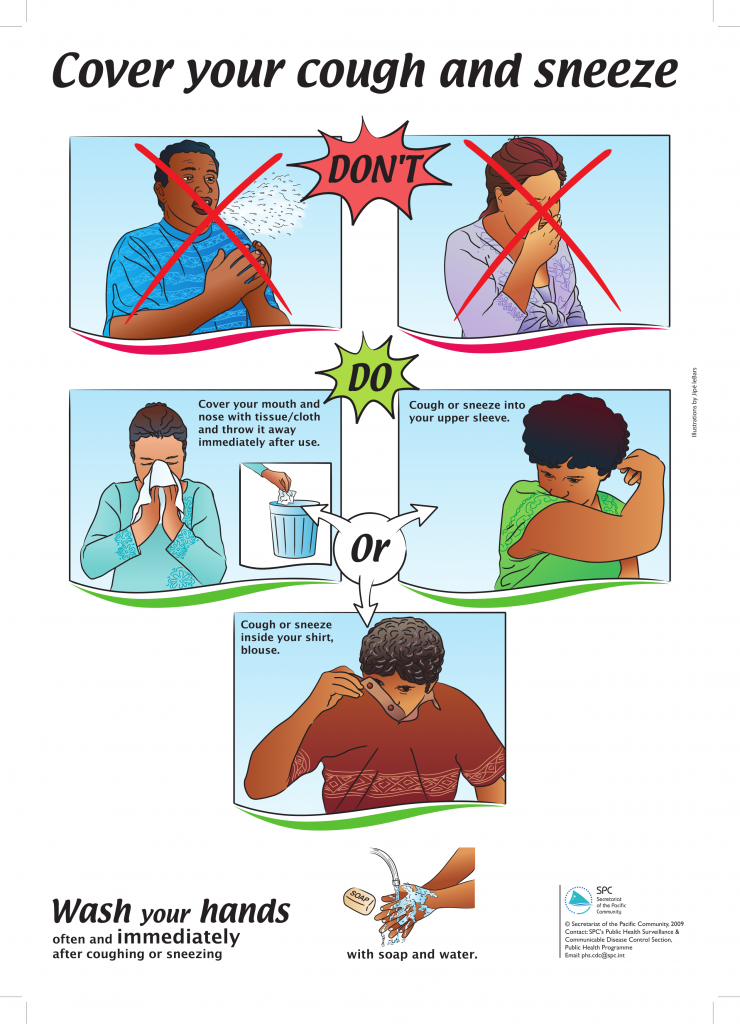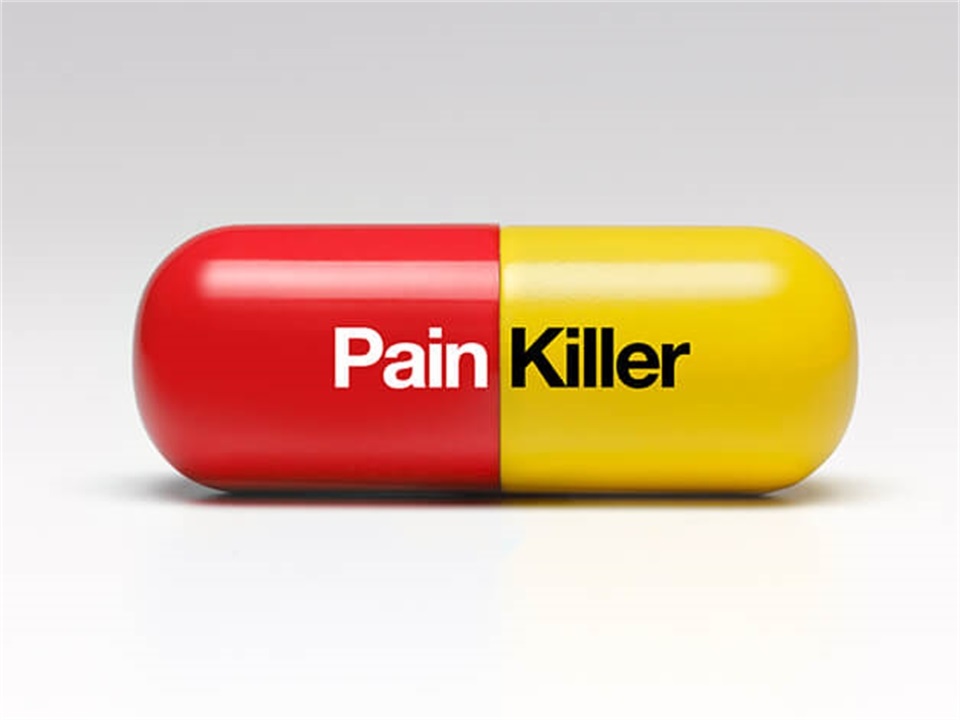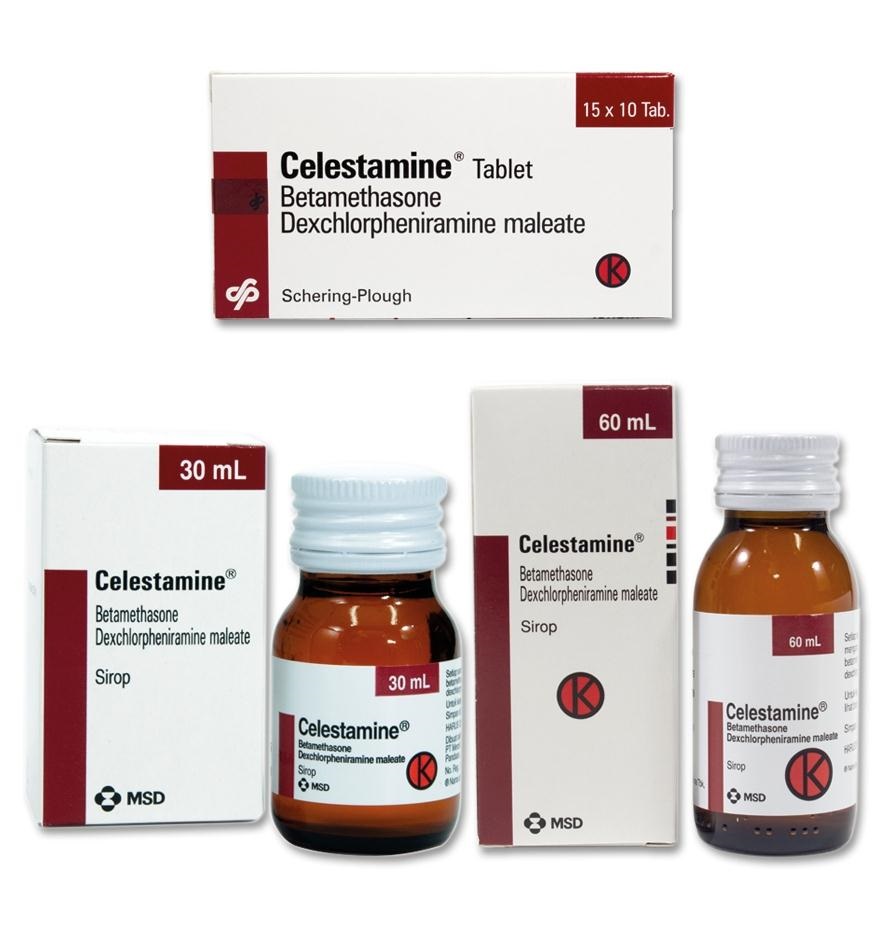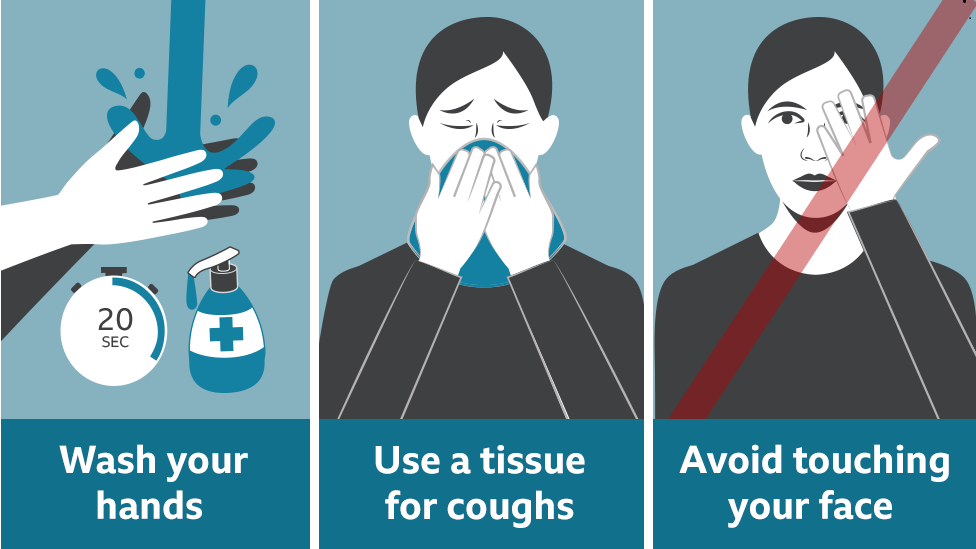The Covid-19 outbreak is an ongoing global outbreak of corona virus disease 2019 caused by the SARS coronavirus 2. The disease was first identified in Wuhan, Hubei, China in December 2019, spreading to every province-level administrative division of the country by 29 January 2020. Sourced from Wikipedia.
READ: The future of travel after coronavirus.
The coronavirus outbreak has lately spread to different parts of the world and has led to over 121,000 severe cases of illness, 66,000 recoveries and more than 4,000 deaths as at 11th March 2020. As of today, 13th March 2020, there has been one case in Kenya but the patient is in a stable condition. We are praying that is the first and last incidence in the country.
The outbreak has caused people to rethink their travel plans as restrictions have been put up to regulate how people are moving from one country to another and even towns.
Standard recommendations to prevent infection spread include regular hand washing, covering your mouth and nose when coughing and sneezing, social distancing, avoiding close contact with anyone showing symptoms of respiratory illness such as coughing and sneezing.

When this pandemic will be over, which I pray to be very soon, we need to take extra care of ourselves when we are travelling. We have to do proper risk assessment. Travel is medicine to the soul and mind and consequently a cure for a tired body. Unless you are travelling for business purposes, most casual trips end up with a well-rested system and just the right amount of energy to continue with normal days’ activities such as work, school etc.
However, just as travelling is fun and exciting, the change of environment and physical activity can take a negative toll on you. You might end up falling sick or encountering an accident that might interfere with your normal body functioning.
Did you know that people generally touch their face more than three times an hour, which can transmit bugs directly to their mouth, nose or eyes?Therefore, as you travel, it is always advisable to take all the necessary precautions and also always wash your hands with soap and water. Here is a list of necessary medication to always have with you as you travel besides your Travel Insurance.
Disclaimer: This post does not advocate for perpetual self-medication. Neither does it support dependency on any type of medicine. It is an informative article that seeks to educate on preventive measures during travel. If symptoms persist, seek medical advice.
Painkillers
When travelling for long distances especially, you are bound to experience some form of body ache. From headaches, to joint pains and general fatigue. With painkillers at hand, you can always fight these pains off so that you can thoroughly enjoy your experience in new spaces.

Antihistamines
Antihistamines are simply allergy medication. These are not allergy specific like the Epipen. Instead, these anti-allergy drugs help fight random and short-term allergies such as morning sniffles, night coughs, dust sneezes, allergic reactions to pollen grains etc. Most allergies obtained during travel will not last longer than three days. They often manifest inward in form of coughs and sneezes or outward in form of skin rashes. Taking antihistamines such as Piriton or Celestamine will keep the allergies at bay and allow you to fully participate in your adventures.

Anti-inflammatories
Accidents such as sprained ankles or wrists are almost guaranteed when you are travelling. Especially when hiking. I do not know whether it is because of the excitement, fatigue or both, but one always has a sprained-joint-story to tell when they get back home. Thankfully, most sprains heal up well with the RICE method i.e. Rest, Ice, Compression and Elevation. Anti-inflammatories come in handy when the sprained part is swollen. Applying the medication in the morning and evening will help ease the swelling and consequently the pain therefore hastening the healing process.
Insect Repellent
Unless you are travelling to a country like Iceland where insects and biting bugs do not exist, then an insect repellent is paramount. This will keep you safe from all sorts of insect attacks especially from the naughty mosquitoes, ants, bedbugs, and the likes.
Antibiotics
Finally, having a complete dose of antibiotics with you as you travel is necessary especially when you are going to a totally different country or region. Antibiotics are basically medicine that help fight bacterial and other microorganism diseases such as flus, skin infections, ear, throat and nose infections etc. Most of these diseases are contagious and easily spread aerobically or through contact. You can also fall sick by ingesting infected food or drinks. Having antibiotics at hand will help you fight these infections before they get too critical.
Concluding Tips
- Carrying these medications are more preventative than curative.
- Always ask for the proper dosage for the medications to avoid under/overdosing.
- Always ask for medical advice before and after taking the medication to ensure you are healthy.
- Most of these medications are over the counter drugs.
- Do not misuse or abuse the medications for your own pleasure.
- Hydrate. Taking large amounts of water can help with various ailments including aches, fatigue, food poisoning etc.
- Always wash your hands with soap and water.

My top priority is everyone’s health and well being. I highly recommend that we follow the health and travel advice from our relevant authorities. Let’s have a disease free travel year.
